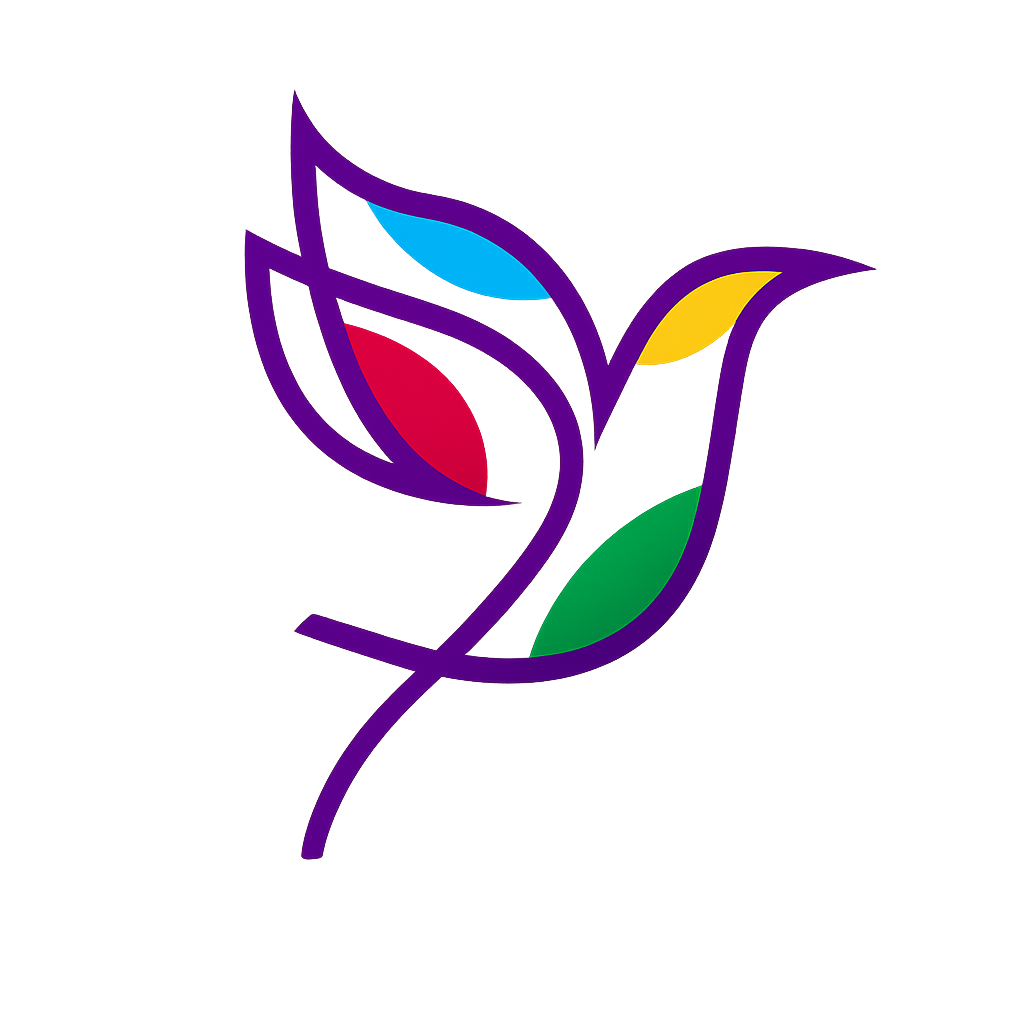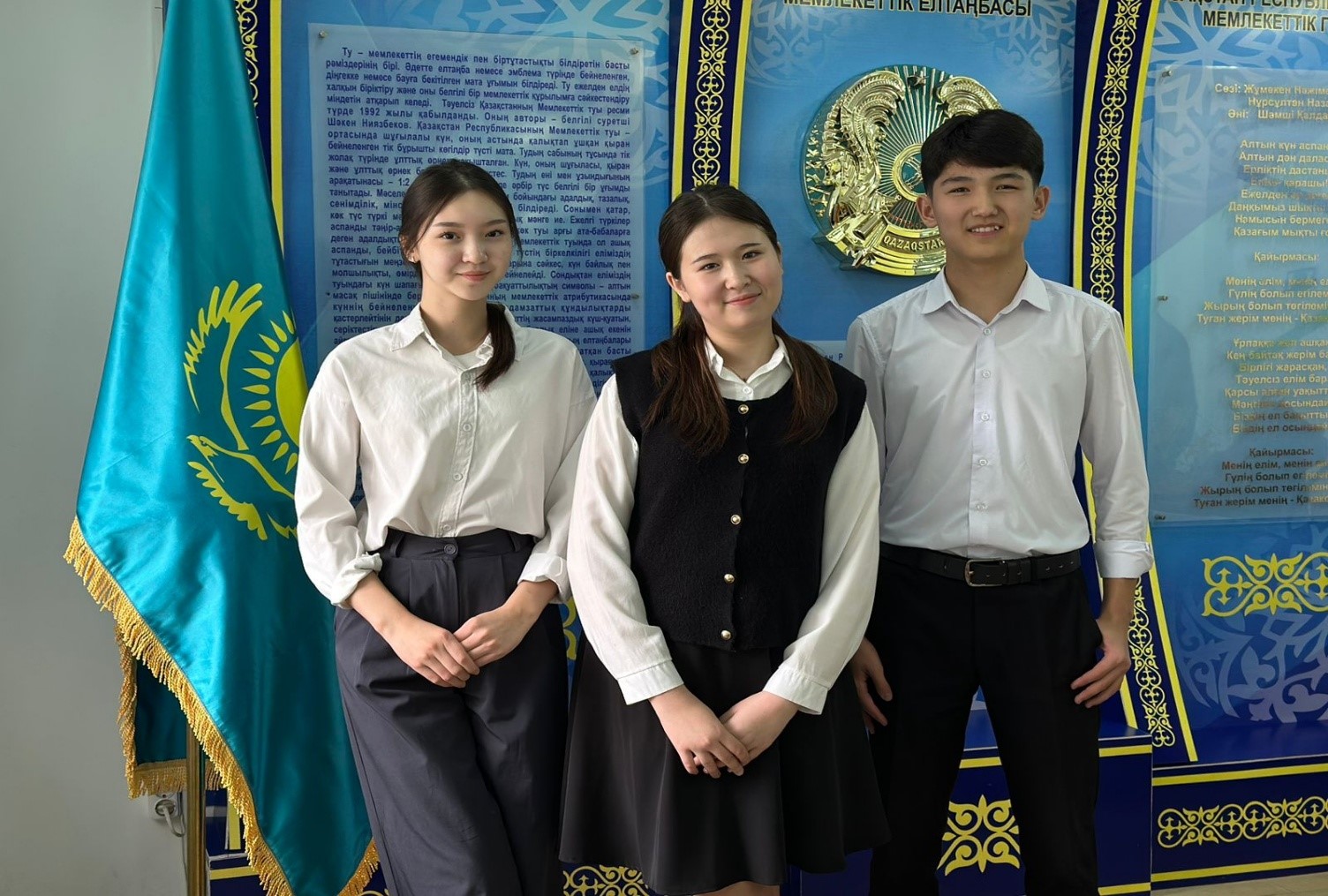Information faction: Borasheva Damili
Members: Sailauov Adilet, Berdigali Amirkhan, Ermekkali Mirhan, Ikhsanali Mukhan.
Purpose: to collect and analyze information on the effectiveness of the work of the State Unitary Enterprise (school of self-government).
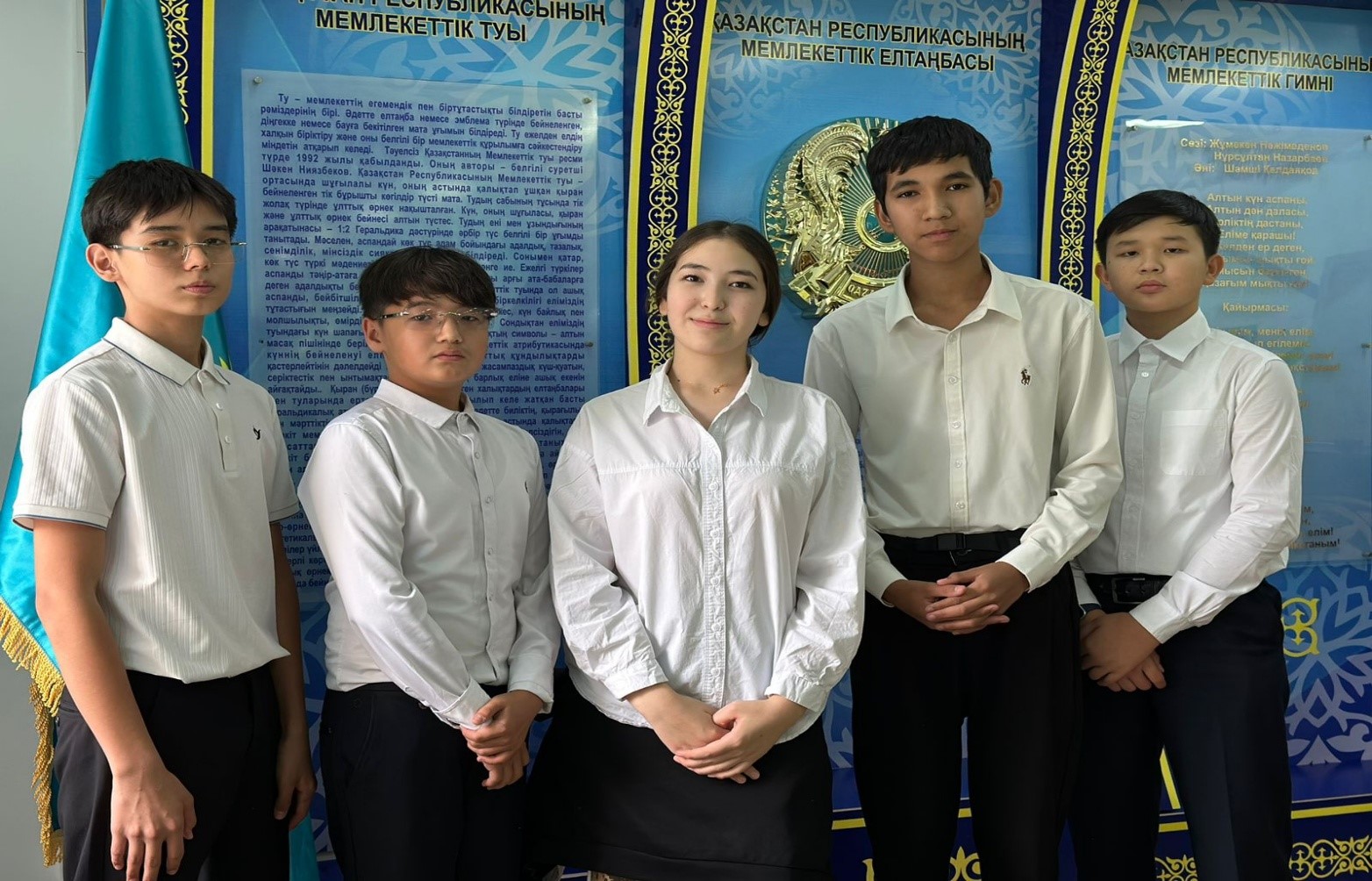
Law and Order Faction: Nurmukhan Zhanel
Members: Abulkhaieva Dilnaz, Zhumataeva Aliya
Goal: To maintain public order among students during breaks and at school events.
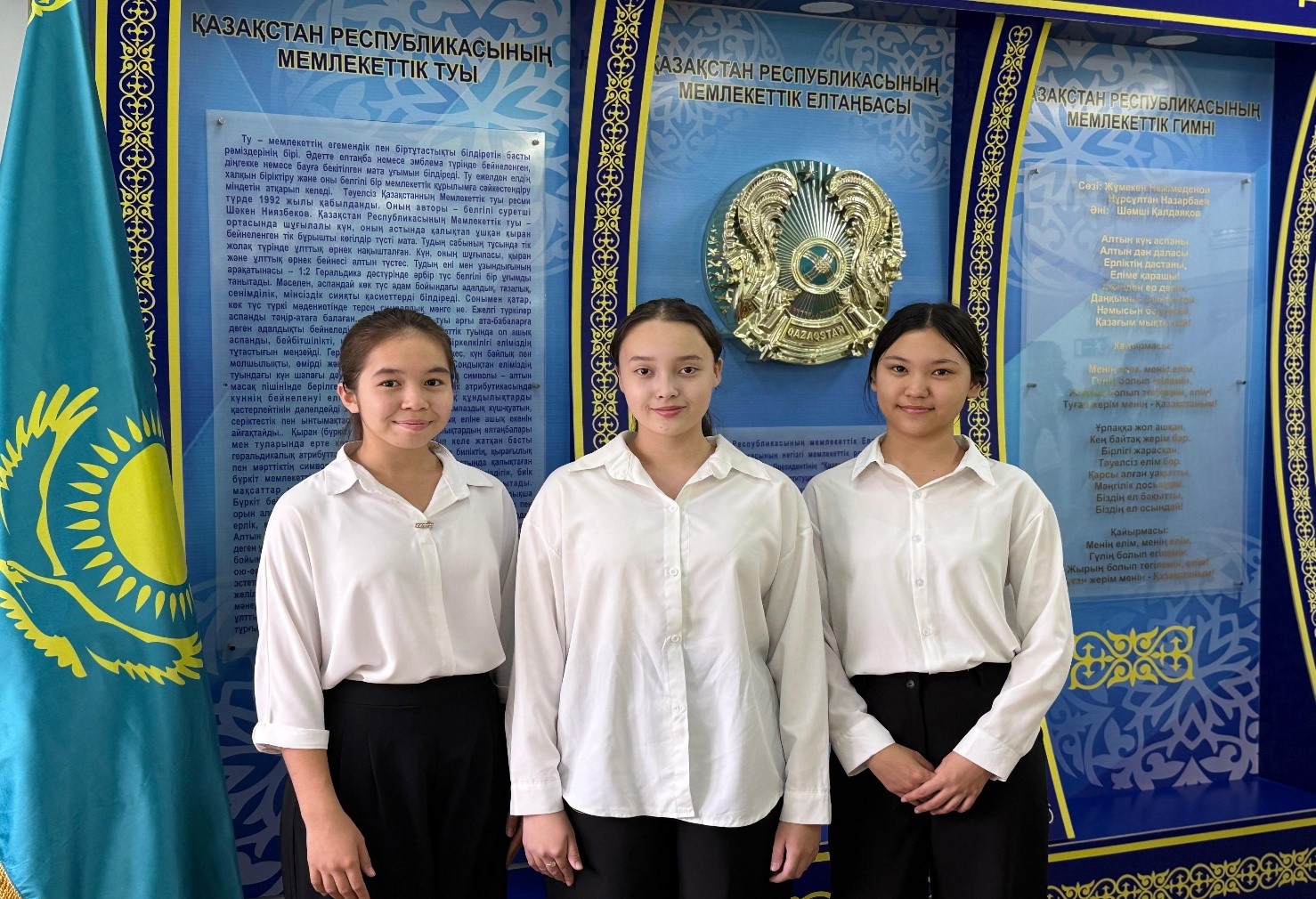
Sports and Healthy Lifestyle Club: Aubakirov Ablay
Members: Borasheva Radia, Konysbay Ailin
Goal: Monitoring students' health, providing advice. Encouraging students to participate in active sports.
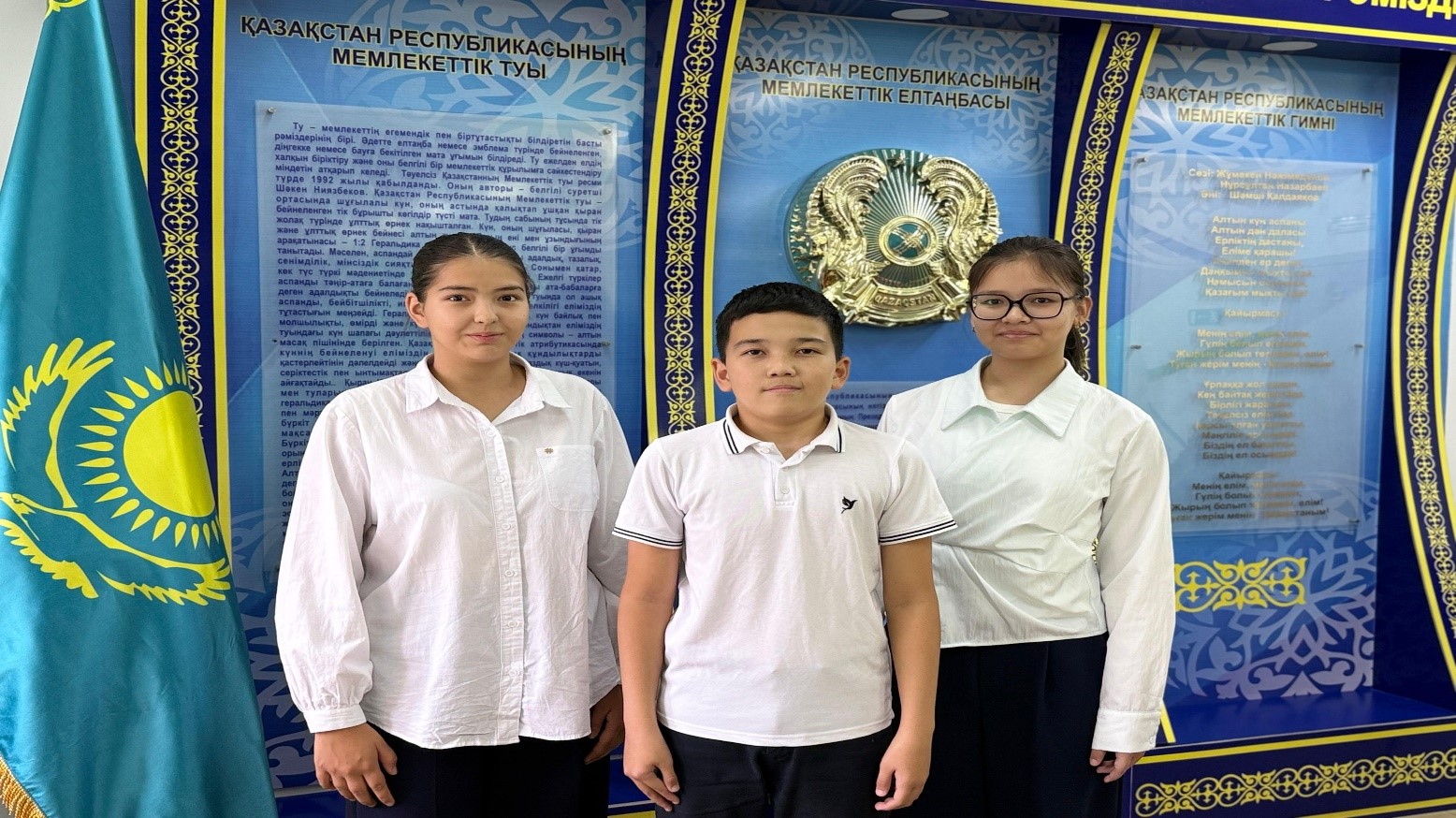
Self-awareness and Happiness Group (psychology): Aruzhan Gallemgalieva
Members: Aruzhan Kuangalieva, Saule Ergalieva
Goal: Focus on students' self-awareness, achieving inner harmony and happiness, providing emotional support.
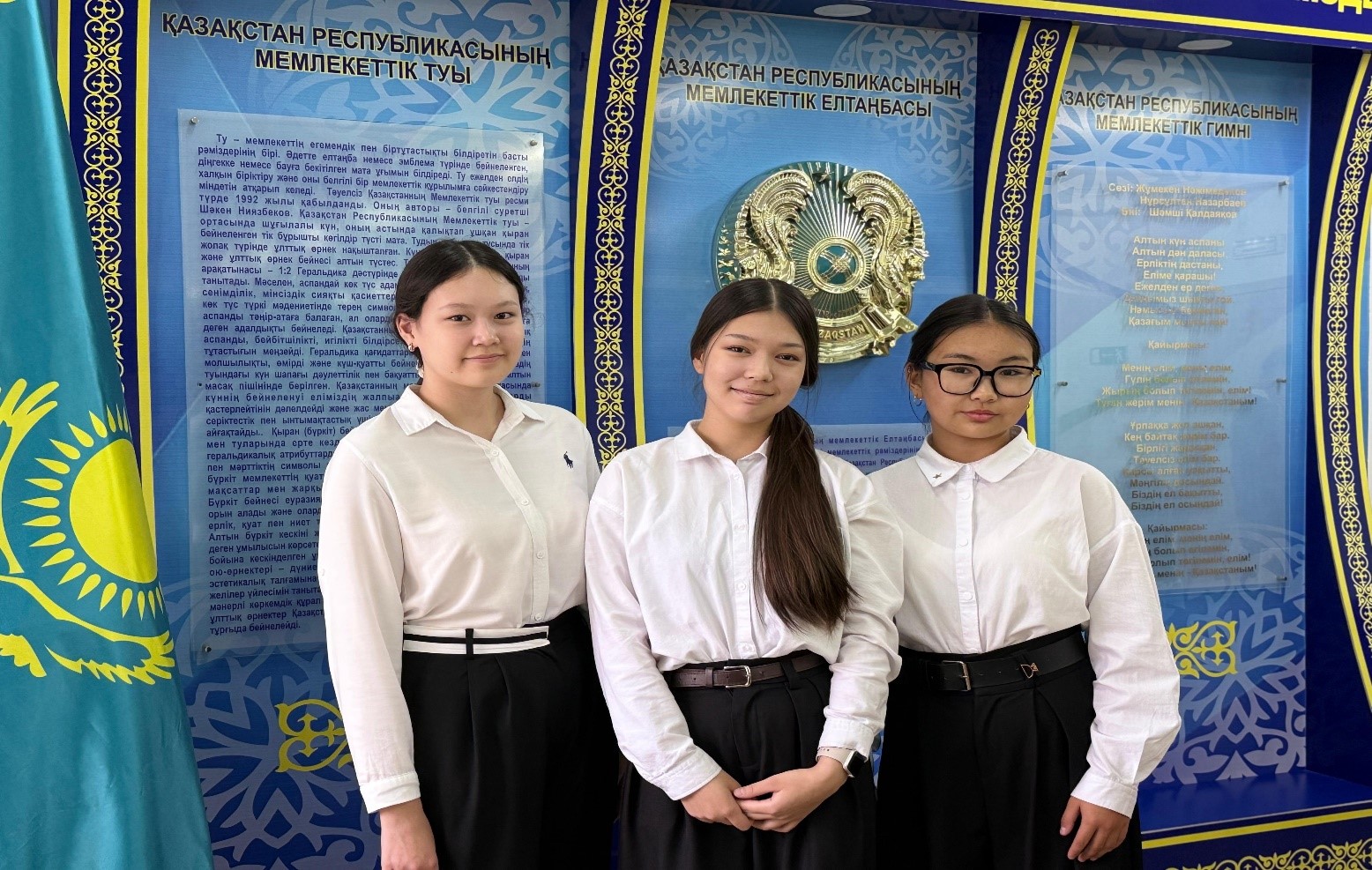
Charity faction: Erlan Altynai
Members: Serikkaliyeva Aziza, Tilek Kamila
Goal: To foster kindness and goodwill among students, increase social responsibility, and shape active citizenship.
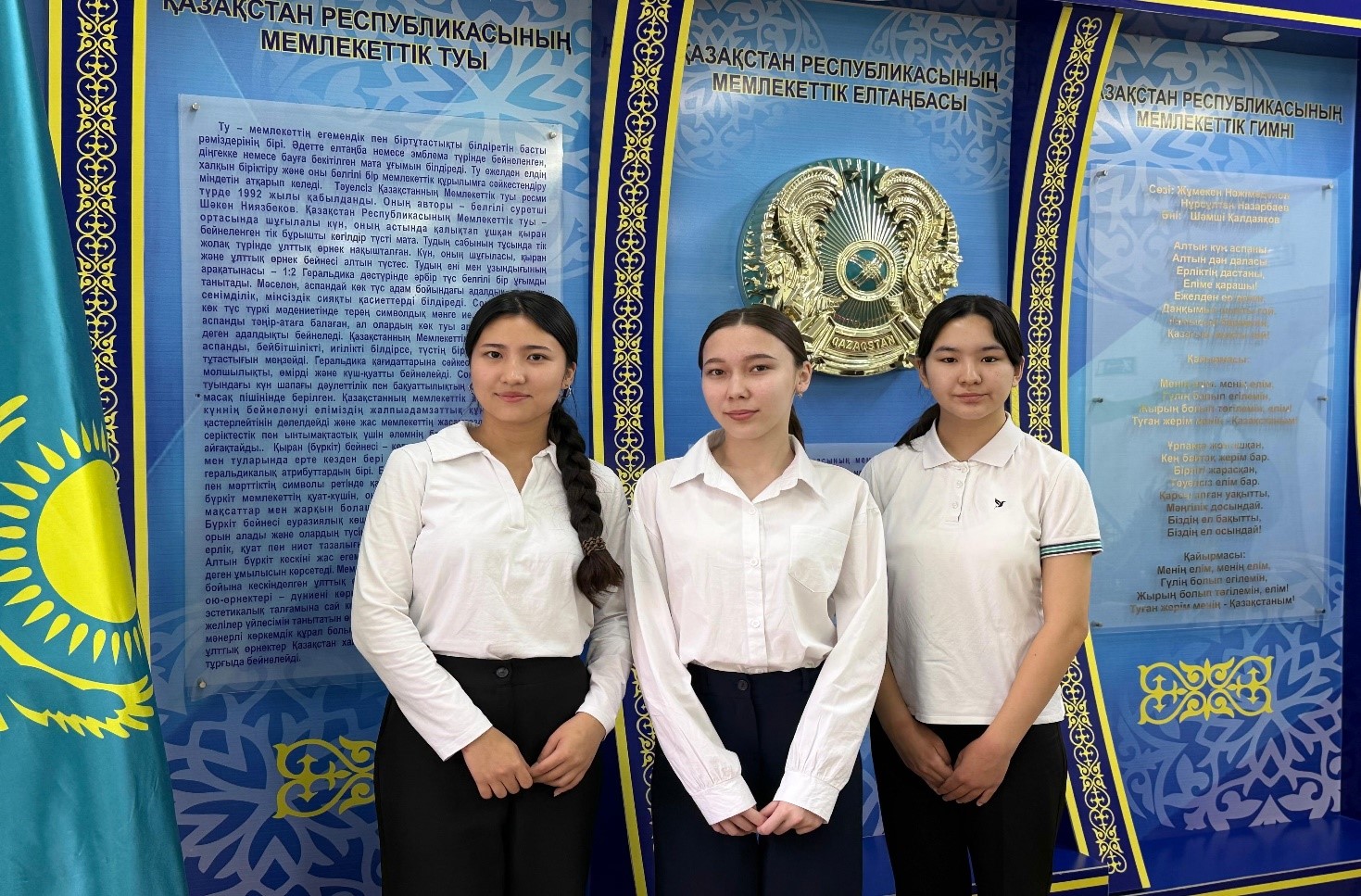
Debate Club: Nurimova Muldir
Members: Sadyk Araylim, Abaeva Aizere
Goal: To increase students' social and creative activity through open discussion and analysis of issues in society.
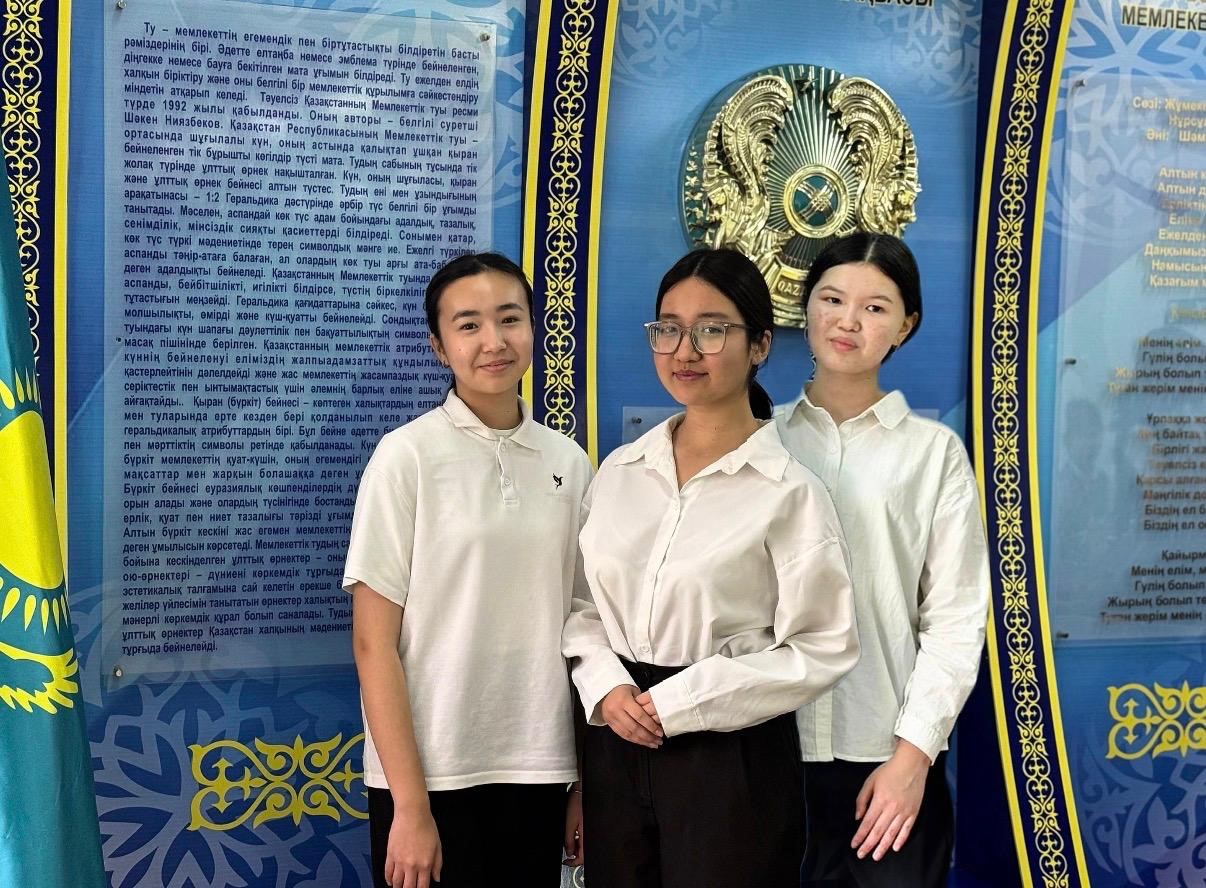
Ecology and Labor Faction: Adelina Pudikova
Members: Aelita Erkenova, Meray Berikbay
Goal: To foster in students a respectful attitude toward nature conservation and cleanliness, work ethic, and environmental awareness.
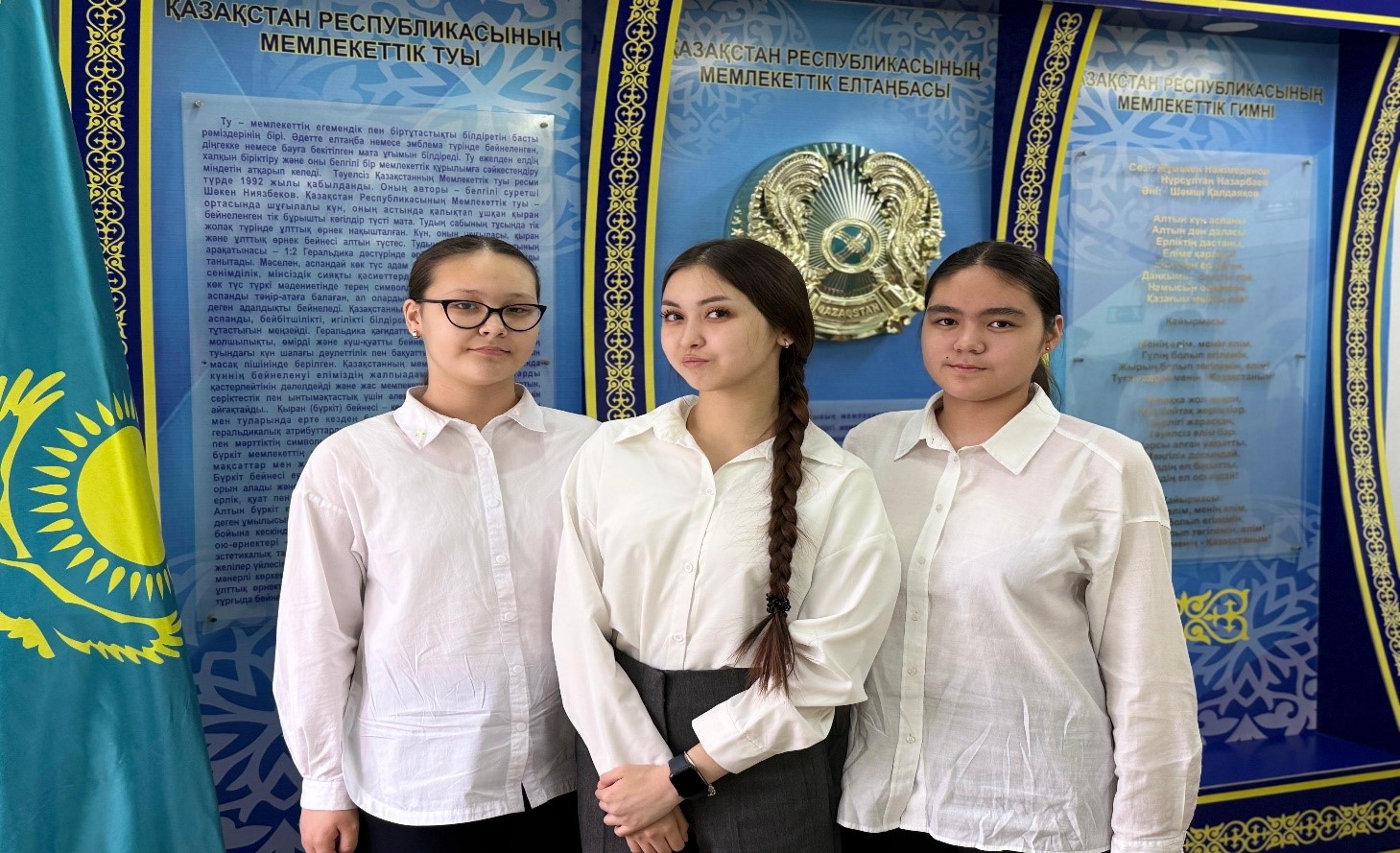
ACTION PLAN for the organization of the school parliament and self-government for the 2025-2026 academic year
REPORT on the organization of the school parliament and self-government
